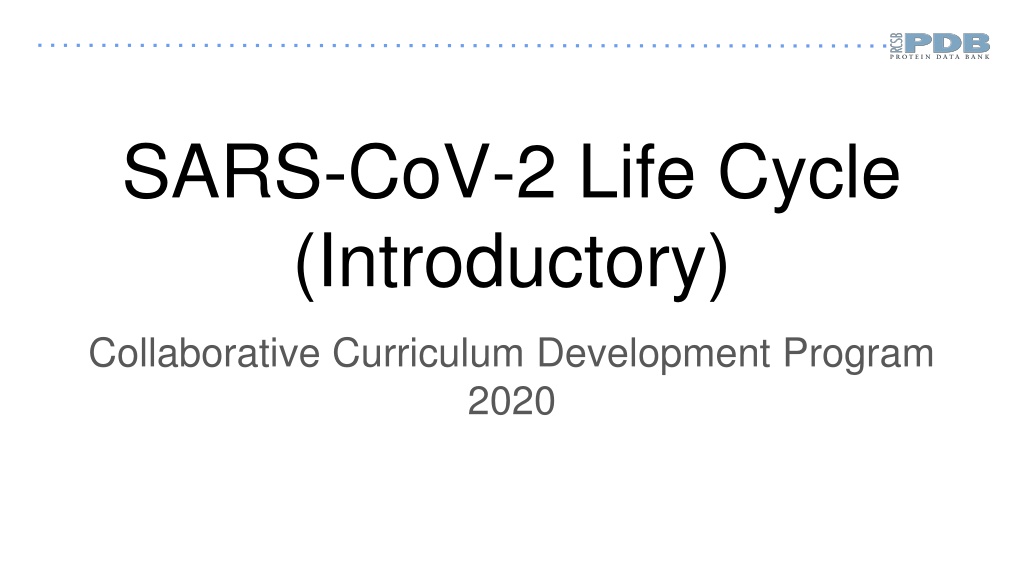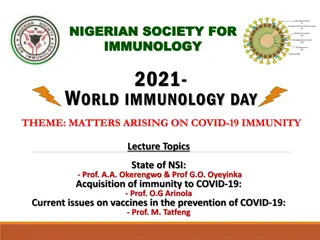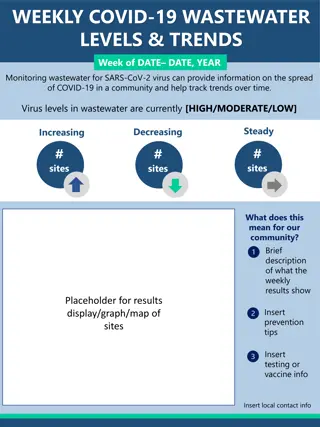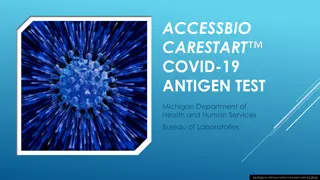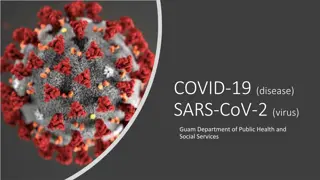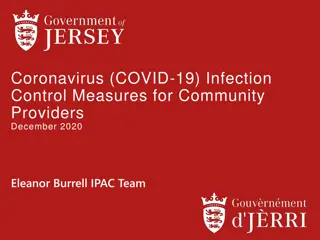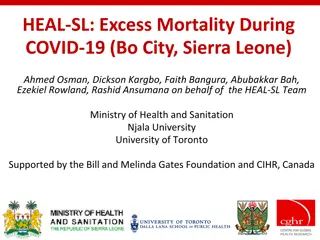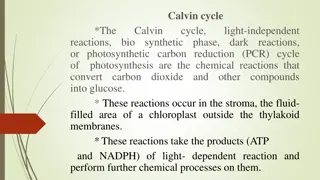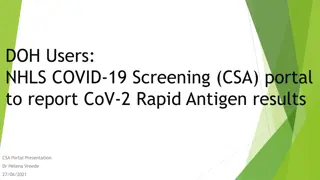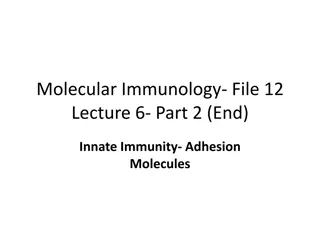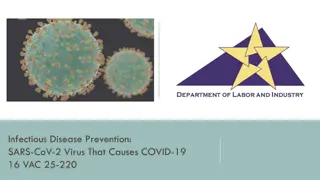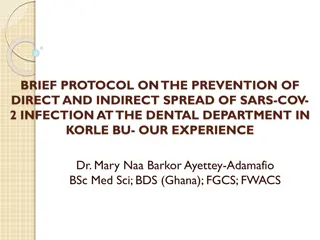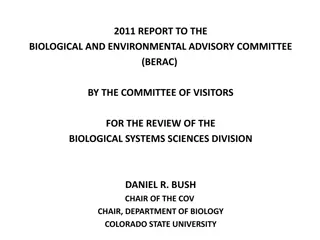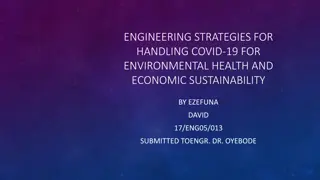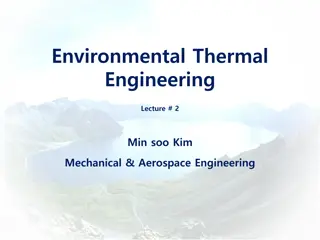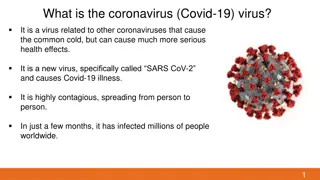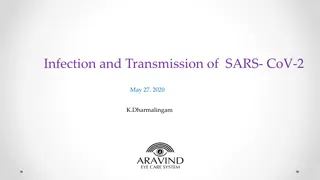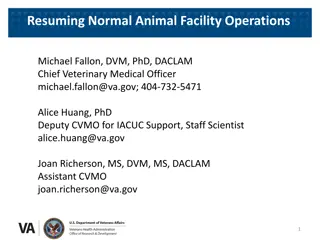Understanding the SARS-CoV-2 Life Cycle: An Overview
SARS-CoV-2, the virus responsible for COVID-19, follows a complex life cycle involving viral attachment and entry, replication and synthesis, as well as viral assembly and release. The virus interacts with host cell proteins to enter, produce essential proteins and RNA for reproduction, and then assembles before being released from the host cell. This comprehensive overview sheds light on the key stages of the SARS-CoV-2 life cycle.
Download Presentation

Please find below an Image/Link to download the presentation.
The content on the website is provided AS IS for your information and personal use only. It may not be sold, licensed, or shared on other websites without obtaining consent from the author. Download presentation by click this link. If you encounter any issues during the download, it is possible that the publisher has removed the file from their server.
E N D
Presentation Transcript
SARS-CoV-2 Life Cycle (Introductory) Collaborative Curriculum Development Program 2020
What does SARS-CoV-2 look like? Severe acute Respiratory Syndrome - Coronavirus-2 Large (~30Kb) +RNA genome https://viralzone.expasy.org/764?outline=all_by_species
July 2020 Life Cycle of SARS-CoV-2 LYTIC 1. Attachment and Entry 3. Viral Assembly and Release 2. Replication and Synthesis https://viralzone.expasy.org/resources /Coronavirus_cycle.png
SARS-CoV-2 Life Cycle: Overview Viral Attachment and Entry Virus spike protein interacts with cell surface protein to enter the host (Human) cell The viral genomic RNA acts like an mRNA - it can directly make proteins. Replication and Synthesis The genomic RNA produces proteins and new RNA necessary for viral reproduction, hijack the host cell machinery and prevent it from carrying out it own functions Three important proteins produced by the virus are PL Proteinase, 3CL proteinase and RdRP. Much of the RNA and protein synthesis happens in the double membrane vesicles budding off from the ER Viral Assembly and Release The structural proteins (Spike, Envelope, Matrix, and Nucleocapsid) and newly formed RNA are modified and packaged and assembled before release from the host cell by exocytosis
